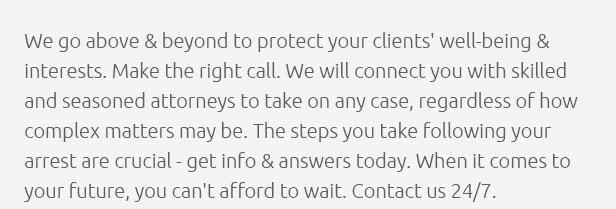 |
|
||||
 |
 |
 |
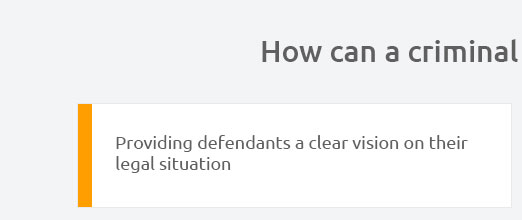 |
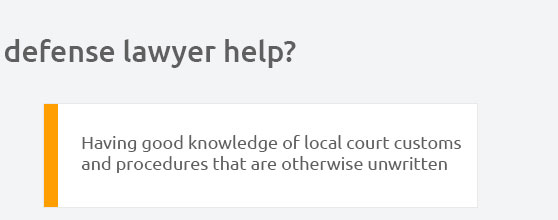 |
 |
 |
 |
 |
 |
 |
 |
|
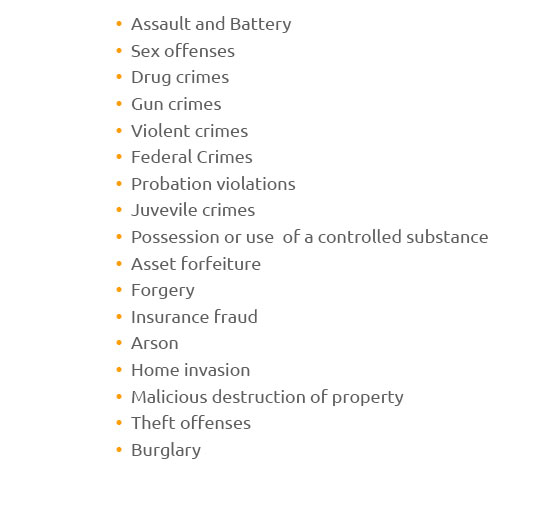 |
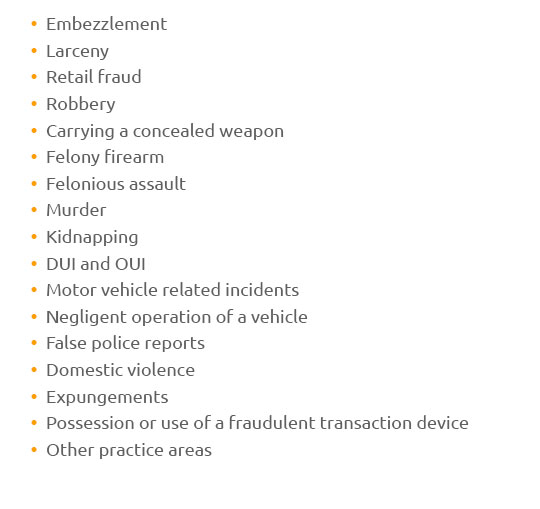 |
 |
|
||||
The Intricate World of Drug LawyersDrug lawyers occupy a unique niche within the legal system, navigating a labyrinthine web of legislation, societal perceptions, and ethical considerations. These legal professionals are tasked with defending individuals accused of drug-related offenses, a responsibility that often places them in the crosshairs of public opinion. To fully appreciate the role of drug lawyers, one must first understand the complexities of drug laws themselves, which vary significantly from one jurisdiction to another and are subject to frequent amendments. This dynamic legal landscape requires lawyers to maintain a comprehensive understanding of both current statutes and emerging trends in drug legislation. Moreover, drug lawyers must be adept at handling a diverse array of cases, ranging from minor possession charges to large-scale trafficking operations. The stakes in these cases can be extraordinarily high, with outcomes that have the potential to alter lives irrevocably. This reality necessitates a meticulous attention to detail and a profound commitment to the principles of justice and fairness. In the courtroom, drug lawyers must skillfully employ a range of legal strategies, often working to negotiate plea deals or advocate for rehabilitative over punitive measures. Their advocacy is not limited to legal arguments; it also involves a nuanced understanding of the societal factors that contribute to drug-related offenses, such as addiction and socioeconomic disadvantage. Interestingly, the role of a drug lawyer extends beyond the confines of the courtroom. These legal professionals often find themselves at the forefront of broader societal debates surrounding drug policy reform. As public attitudes toward certain substances, such as cannabis, evolve, drug lawyers frequently contribute their expertise to discussions on decriminalization and regulation. This advocacy can be seen as both a professional obligation and a personal passion for many in the field. It is also important to recognize the ethical challenges that drug lawyers face. Defending clients accused of drug offenses can sometimes lead to moral quandaries, particularly in cases involving serious harm or violence. Yet, the cornerstone of the legal profession is the belief that every individual is entitled to a robust defense, a principle that drug lawyers uphold with unwavering dedication. This commitment often requires them to separate their personal beliefs from their professional responsibilities, a delicate balance that demands both integrity and resilience. The Path to Becoming a Drug Lawyer is rigorous, typically requiring years of education and experience. Aspiring drug lawyers must first obtain a law degree, followed by passing the bar examination in their chosen jurisdiction. Many choose to specialize in criminal law during their studies, gaining valuable insights into the intricacies of the legal system. Post-qualification, practical experience is crucial. Working under the mentorship of seasoned professionals, young lawyers learn to navigate the challenges of representing clients in drug cases, honing their skills in negotiation, litigation, and client advocacy.
In conclusion, drug lawyers play a pivotal role in the legal landscape, championing the rights of individuals while contributing to broader discussions on drug policy. Their work is characterized by a dedication to justice and a nuanced understanding of the complex interplay between law, society, and individual behavior. As society continues to grapple with the implications of drug use and regulation, the expertise and advocacy of drug lawyers remain indispensable. While their work may at times be contentious, it is undeniably vital to ensuring that the legal system functions with both fairness and humanity. https://www.ctcriminallawattorney.com/criminal-defense/drug-crimes/
Our Connecticut drug charge lawyers will thoroughly investigate the details of your case, determine if any statements or physical evidence are inadmissible if ... https://ruaneattorneys.com/meriden-criminal-lawyer/drug/
Ruane Attorneys is a law firm founded on one guiding principle put the client first. Since founding partner James J. Ruane began practicing law in 1978, we ... https://www.ctdefenselawyer.com/west-hartford/drug-charge-lawyer
If you or a loved one has been charged with a drug crime, you need to speak to Field Law Office, LLC in West Hartford today. Contact attorney Erin Field, and ...
|

